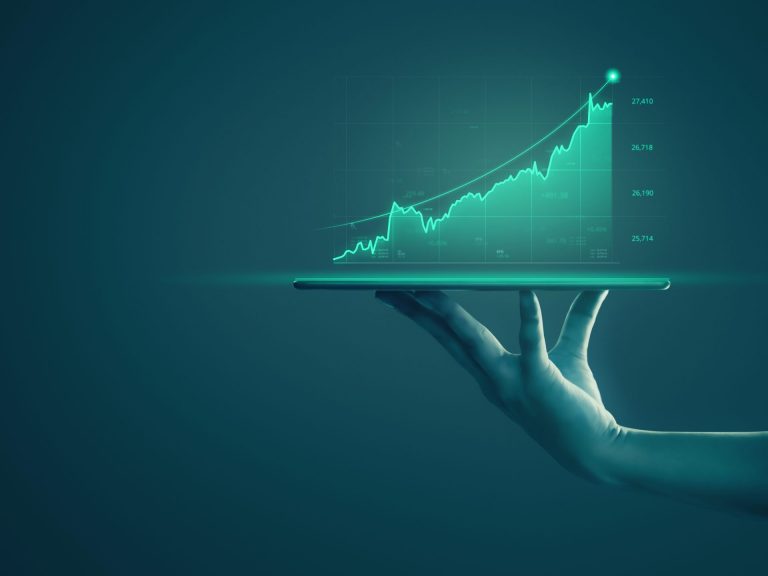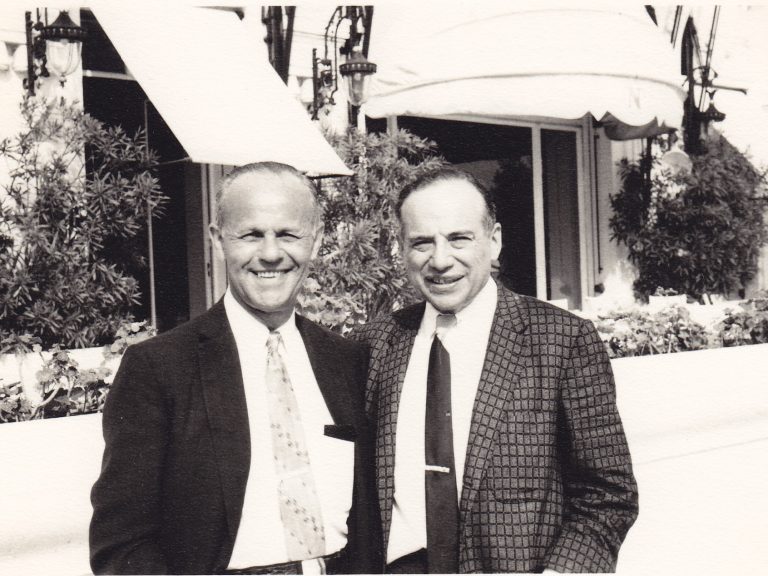[vc_row][vc_column][vc_column_text css_animation=”none”] [/vc_column_text]
[/vc_column_text]
Keeping an eye on numerous individual companies, as well as a broad array of economic data, I am far more optimistic about the next ten years than I was this time last month. Yes, there will still be challenges, but it looks like much of the worst-case scenario has been averted. Now, it’s about navigating the problems we will encounter due to the specific policy decisions made in the midst of the pandemic.
The quartet of financial independence is made up of cash flow, liquidity, profitability, and net worth. Each requires management and should not be neglected if you want to build lasting value for you and your family.
Benjamin Graham once wisely observed that more money has been lost by investors “reaching for yield” than stolen at the barrel-end of a gun. During periods of anemic interest rates on fixed-income securities, bank deposits, and cash equivalents, a combination of impatience, action bias, and desperation causes savers to do what they would otherwise consider extraordinarily foolish.
Market Timing, Valuation, and Systematic Purchases I have a lot of work to do but I’m sitting at my desk, the snow is on the ground outside, I have a fresh cup of coffee in front of me, and I don’t really feel like diving into my task list quite yet. This is going to…
One of the things that worries me from a risk management perspective is investors who don’t know what they own or their actual, real portfolio weightings. Sometimes, I’ll hear new investors say, “I own stocks” or “I own mutual funds” but neither is an answer. Those aren’t the relevant details. The real question: “In which enterprises, on what terms, and at what price has the money been invested, laid out, and exchanged?”. Much of everything else is a smokescreen serving to obfuscate reality. It’s risk-adjusted reward we’re after; reward measured in after-tax, net-of-inflation real purchasing power.
I’ve received a significant number of requests over the past few months asking that I discuss what is happening with oil, natural gas, pipeline, and refining companies; to explain how I look at the situation and the sorts of things Aaron and I discuss when we’re allocating our own capital or the capital of those who have entrusted their assets to us. It’s a big topic with a lot of niche considerations but I want to take some time today to address the oil majors; the handful of mega-capitalization behemoths such as ExxonMobil, Chevron, Royal Dutch Shell, Total, ConocoPhillips / Phillips 66, and BP.
I’m putting together a retirement portfolio for several people I know. One of them is proving to be a fun intellectual exercise. Essentially, the mandate calls for me creating a ghost ship of a portfolio that, once it has set sail, will drift almost untouched for the next 30+ years when it will be gifted to the children at the end of the life expectancy of the owner. Beginning in 7 to 10 years, the owner will start taking 3% to 4% distributions to augment an otherwise secure retirement. The portfolio is to be allocated 70% to a collection of 70 to 100 blue chip stocks, 25% to high-grade bonds, and 5% to cash or cash equivalents.
It is a common mistake for inexperienced investors to look at the realized or unrealized gains or losses reported by their broker, using it as a proxy for economic reality. Total return, particularly on an after-tax basis, can be wildly different. Here is one real-world illustration of how the difference may arise.
Imagine that back in 2007, you had $3,000,000 to invest on behalf of a private family investment partnership you were running. You decide to split this into three different companies. One of these was AIG, the insurance conglomerate. AIG shares fell from a high of $1,459.00 each to $6.60. The Board of Directors had to do a 20-1 reverse stock split to keep the thing from trading for less than the value of bottle caps.
The Wall Street Journal had a recent story detailing the trend of small investors jumping back into stocks, some trading options and futures. I’m old enough now, combined with twin quirks of being interested in finance at such a young age and having my lifespan line up with some interesting times in the capital markets, that I’ve watched this play out three times. At this point, you’d think it would lose its novelty but I still find my mouth dropping open and my head shaking in disbelief, mixed in with a bit of sadness. Reading what people are doing with their hard earned money – money that they exchanged for part of their life by selling time that could have been used traveling, reading, painting, or hanging out on the beach – doesn’t compute. If you took $5 out of their wallet, they’d throw a fit, but they’ll gamble $5,000 on something they barely understand.
[vc_empty_space][vc_column_text css_animation=”none”]

[/vc_column_text][/vc_column][/vc_row]












